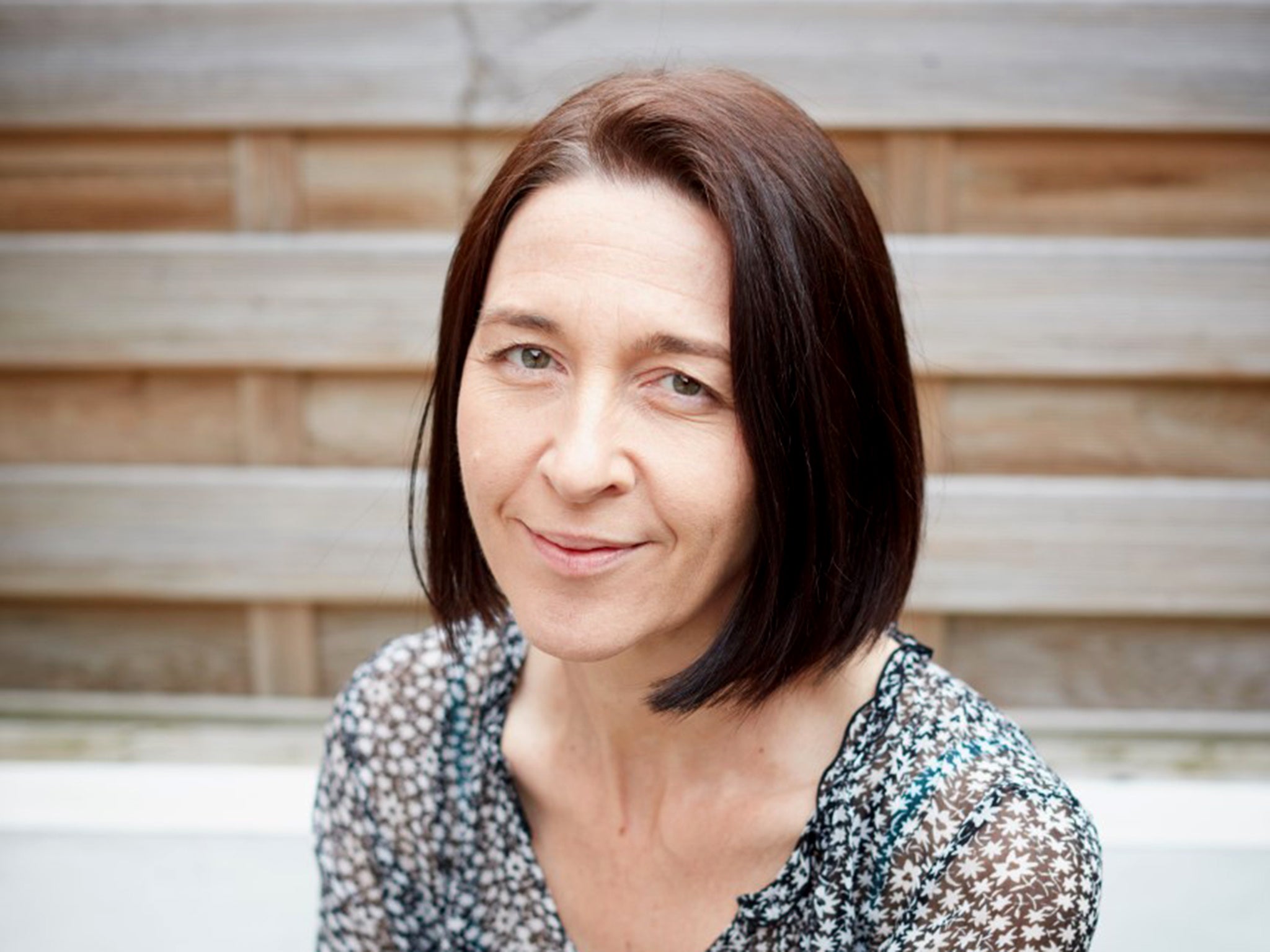Moscow to expel BBC correspondent, citing British ‘discrimination’ of Russian reporters
State media reported the move was a “symbolic deportation” in retaliation for British “discrimination” of Russian reporters

Your support helps us to tell the story
From reproductive rights to climate change to Big Tech, The Independent is on the ground when the story is developing. Whether it's investigating the financials of Elon Musk's pro-Trump PAC or producing our latest documentary, 'The A Word', which shines a light on the American women fighting for reproductive rights, we know how important it is to parse out the facts from the messaging.
At such a critical moment in US history, we need reporters on the ground. Your donation allows us to keep sending journalists to speak to both sides of the story.
The Independent is trusted by Americans across the entire political spectrum. And unlike many other quality news outlets, we choose not to lock Americans out of our reporting and analysis with paywalls. We believe quality journalism should be available to everyone, paid for by those who can afford it.
Your support makes all the difference.Moscow expels BBC correspondent, citing British “discrimination” of Russian reporters
A British reporter has reportedly been declared non grata by Russian authorities – a move that appeared to send a sharp message about the Kremlin’s intentions for freedom of speech and other journalists working in the country.
Sarah Rainsford, the BBC’s Moscow correspondent since 2014, was said to have been told her accreditation would not be renewed when it expires on 31 August.
A state television channel said the move was a “symbolic deportation” in retaliation for British “discrimination” of Russian reporters.
The same report suggested the UK had provoked the expulsion by not renewing visas to Russians, threatening to remove a broadcasting licence from Kremlin mouthpiece RT, and funding investigative outlets Bellingcat and OCCRP.
A spokesman for the British Embassy in Moscow did not respond to a request for comment. Russia’s Ministry of Foreign Affairs has also declined to officially confirm the expulsion.
This comes in a week where tensions are already running high, after a British man was arrested in Berlin on suspicion of spying for Russia as a British Embassy employee “for a number of months”.
Ahead of parliamentary elections in September, the Kremlin has ratcheted up pressure on the media. It has arrested and jailed dozens of journalists, and branded critical domestic media outlets as “foreign agents” and “undesirable organisations”. Many have folded as a result.
Foreign journalists have in the most part escaped the worst of the clampdown. Expulsions themselves have been mercifully rare, with the headline exceptions of British reporter Luke Harding in 2011 and American David Satter in 2013.
But as relations between Russia and the UK spiralled downwards post Crimea, Moscow began to drop heavy hints it considered the BBC a justified target, an extension of the UK government – and the supposed mirror of its own, much-maligned RT.
Ms Rainsford, an experienced foreign correspondent, appears to have become an unlucky first victim of that logic.
Having been previously posted in Istanbul, Madrid and Havana, Ms Rainsford is widely considered to be a thoughtful, fair and expert hand, with deep knowledge of the former Soviet Union.
Join our commenting forum
Join thought-provoking conversations, follow other Independent readers and see their replies
Comments